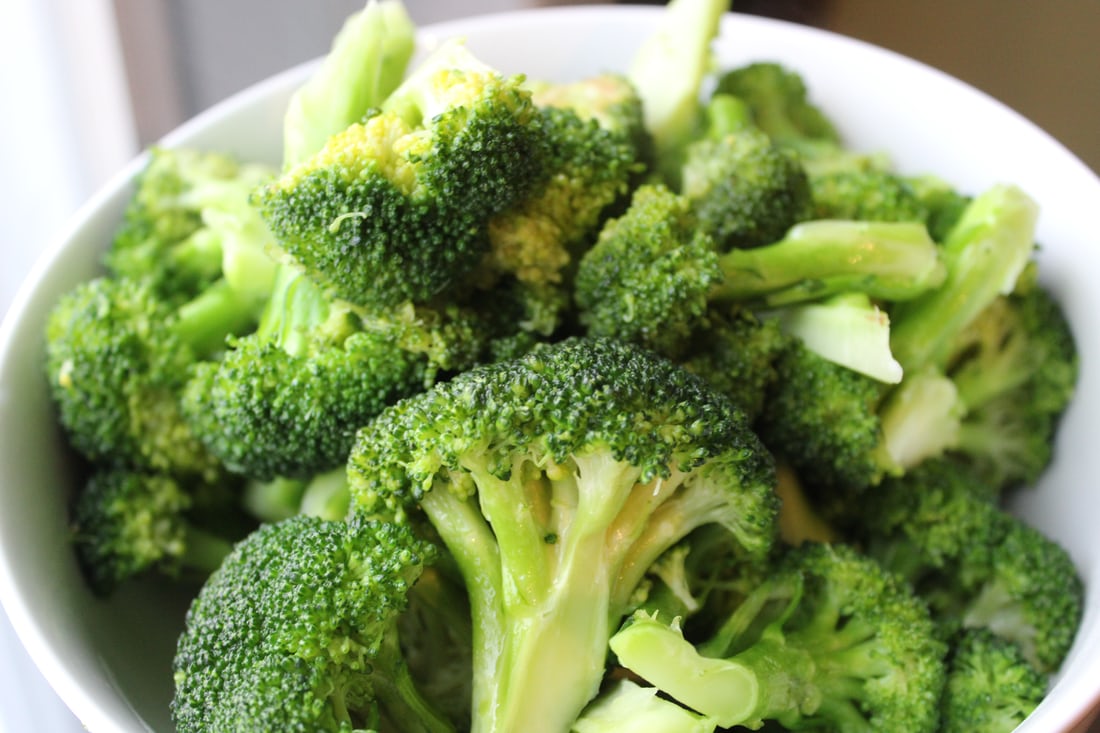Working out or exercising regularly is very important for the wellbeing and fitness of the body. It not only tones the entire body but protects us from various diseases and infections as well. However, not everybody has the time to abide by an elaborate workout routine, due to a busy work schedule. Thus, something that’s less time-consuming can go a long way in doing the needful. Jumping rope is one such physical activity that can be done for even 5-10 minutes every day, without the need to compromise on your work or other commitments. The benefits of jumping rope are immense and we are going to discuss the same in this article. If you’ve been considering the benefits of jumping rope for 10 minutes, get yourself a rope first from a nearby sports store or order one online.
- Burns Fats
It has been found out that the benefits of jumping rope are the same as that of running or jogging and in most cases, even more, efficient than them. More calories are burnt in less time and calories are not accumulated if the process is regular.
The body gets heated up with constant movement and eliminates approximately about 200-300 calories in 15 minutes. It belongs to HIIT exercises that reduce body weight and belly fat by strengthening the muscles of your abdomen.
- Better Bone Density
Bone density refers to the strength of your bones. It’s high in people who have adequate levels of calcium in their body and low in those who have a scarcity. The lowering of bone density is a serious issue in women after they exceed their 30s. However, with sufficient nutrition, they can battle it. Studies show that jumping rope contributes to the increase of bone density and its sustenance over time, curbing the risks of osteoporosis and other bone-related conditions.
- Less Chances Of Leg Injury
Bone density refers to the strength of your bones. It’s high in people who have adequate levels of calcium in their body and low in those who have a scarcity. The lowering of bone density is a serious issue in women after they exceed their 30s. However, with sufficient nutrition, they can battle it. Studies show that jumping rope contributes to the increase of bone density and its sustenance over time, curbing the risks of osteoporosis and other bone-related conditions.
- Boosts Body Synchronization
Improving the coordination of different body parts with the brain is one of the various benefits of jumping rope. Legs become easily aware of the commands of the brain and the regulation of body movements becomes more efficient. This happens because when you use the jumping rope, you have to pay full attention to its movements and the way it syncs with your body movements. Your legs have to work according to your hands and vice versa. You tend to become more conscious than you usually would, enhancing brain and body function.
- Aids Pulmonary Function
Health benefits of jumping rope also direct to facilitation in blood circulation and heart function. High-intensity workouts are known to have a positive impact on the heart and this one’s no different. If you want to keep your heart healthy, you have to take some time out for physical activities. It is also great for those who are already suffering from cardiovascular conditions.
- Helps In Breathing
Initially, while doing jumping rope, you would feel shortness of breath. You would have breathing issues. However, with time, the efficiency of breathing would increase and you wouldn’t have the issues that you had before. This happens due to the rising level of stamina.





